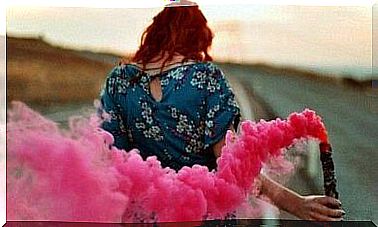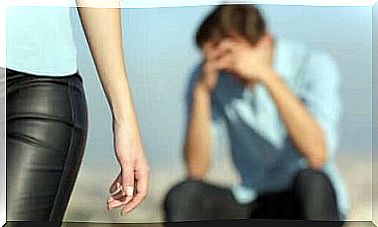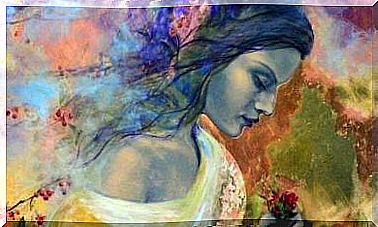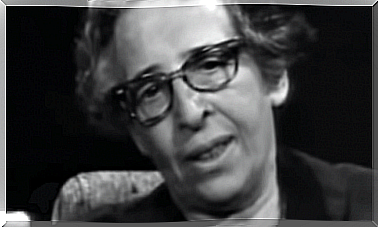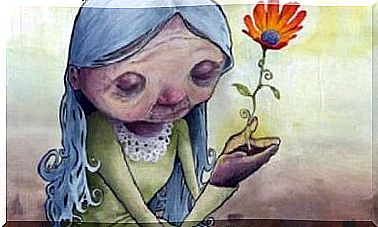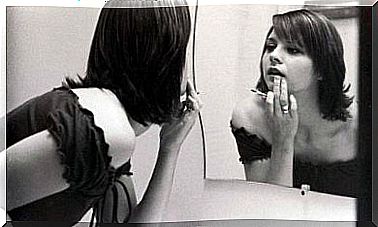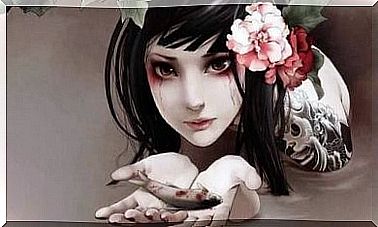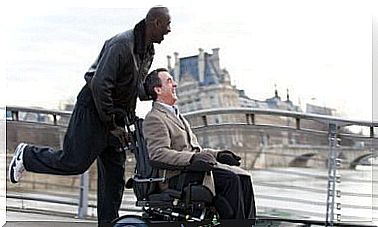The Mother Hen Syndrome

Most mothers want the best for their children. This does not apply only in exceptional cases, which often involve serious illnesses. The problem is that many mothers mistake the best for their children for their own wishes.
Often mothers feel overwhelmed with fear about the fate of their children. How can they not fear where there is so much danger, ranging from falling and scraping their knees to unthinkable situations such as kidnappings or death from a new virus?
The problem itself is not fear, but rather the strategy you use to deal with it. An anxious mother can turn her fears into reasonable caution, but they can also surrender to them and become a “mother hen”.
The mother hen
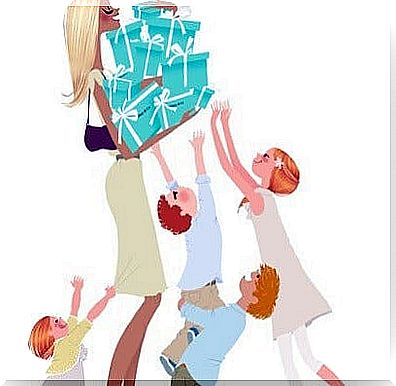
“Mothers” often refers to all those mothers who want to keep their offspring under their wings, nice and warm and safe. They want to keep a protective blanket over them, which will protect them from all the risks and dangers they may encounter in the world.
The conscious intention is very understandable: they want to protect their little ones from experiencing unpleasant or perhaps traumatic things. They don’t want to expose them to awkward situations that could affect them physically or mentally.
These mothers feel that their children are very fragile creatures. Of course, every child is vulnerable to some degree, as they have not yet completed their full physical and emotional growth and are therefore vulnerable to a number of risks. The mother hen wants to make sure none of these risks reach her children.
One of the techniques used by the mother hen is to constantly warn her children of the dangers of the world. “If you are too close to the oven you can burn yourself”, “Be careful when playing with the ball, you could fall and break something”, “Don’t play in the street, there are people who take children”.
So while her intentions are good, in the end they just cause a lot of fear in her children. They learn to live in a world full of danger. This often means that they rarely go outside their home, because almost every situation contains some kind of risk.
As children grow up and need more and more space, the mother hen begins to exercise control and blame. She develops mechanisms to always supervise her children and their attempts at autonomy seem like aggression towards the mother.
Mother hen’s children
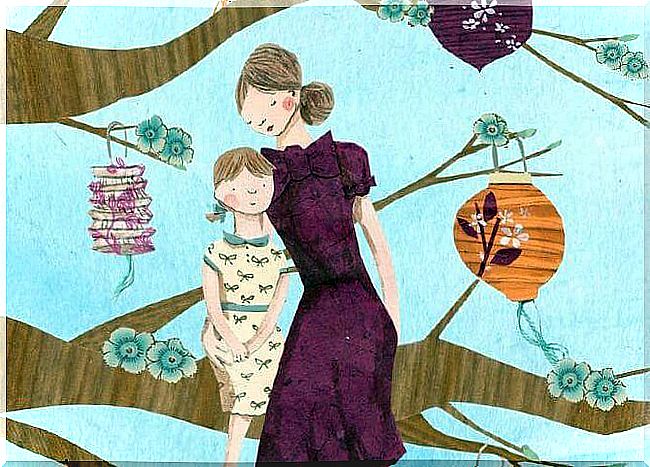
The mother hen believes that she acts according to what is best for her children. Her concept of happiness is the absence of accidents. She thinks that if she raises her children without harm, even if it’s just a scrape, she’s done a good job.
But children who grow up that way often experience the opposite. They experience an awful lot of stress as a result of their mother’s constant fear, who warns them about everything and imagines the most horrible situations, which also scares them.
That’s why they can enjoy almost nothing. When they are small they do not want to upset their mother and her warnings become demands that must be followed immediately. When the relationship is not good or the maternal demands become too extreme, the opposite happens: the child begins to challenge the dangers as a way of claiming independence.
Both the passive, obedient child and the uneasy, rebellious child will attract new problems. They find it difficult to trust themselves and the world. They do not adapt easily to difficult situations and they develop a strong sense of restlessness. Often these children become difficult adults.
So basically a story is being written in which no one wins. Both the mother and child will develop a relationship with periods of abrupt separation interspersed with extreme dependence. Blaam will be the center of everything and none of those involved will find peace.
The mother hen is actually still a chick herself, fearful and afraid of everything. She underestimates her children’s abilities and projects her own sense of helplessness onto her children. They don’t understand that every person has a life and that life involves problems, risks and danger, which we all have to overcome.
What makes us mature is that we have learned to overcome these problems. That is what gives us confidence in who we are and what we can do. That is what makes the difference between an adult child and a strong and healthy adult.
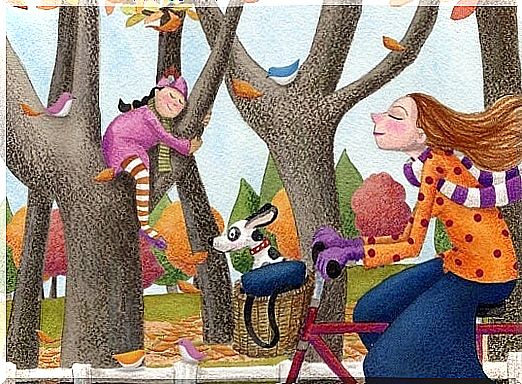
–Images of Emma Block–
